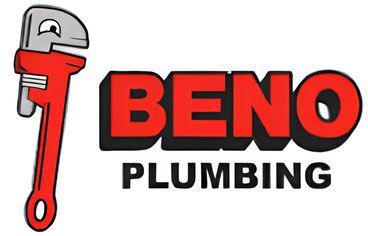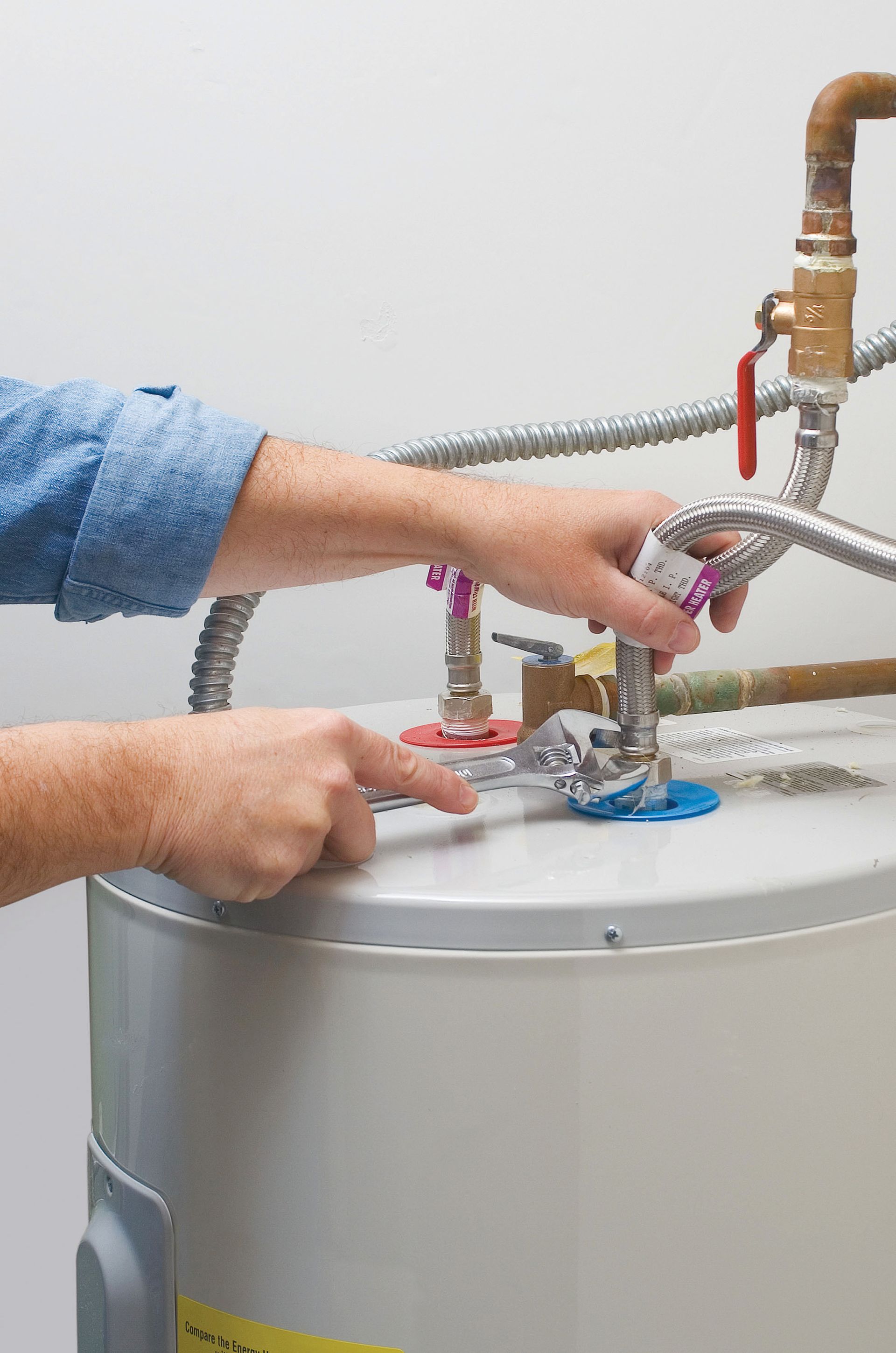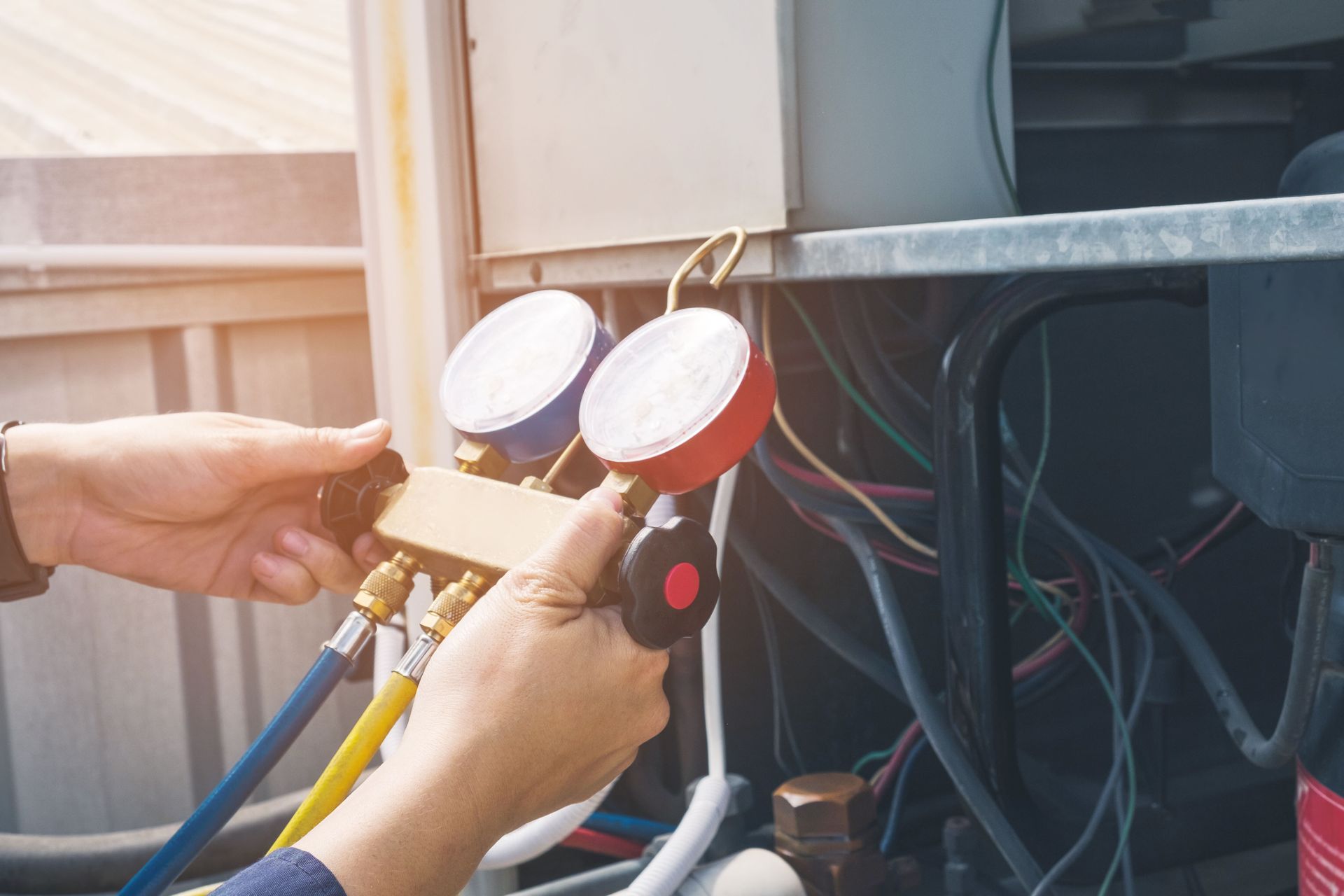The water heater is an essential appliance in many households, offering the comfort and convenience of hot water. However, like any other household appliance, it can encounter issues that require timely intervention. This article explores key signs that indicate when your system might need immediate water heater repair. Through understanding these signs, homeowners can prevent more severe problems and maintain an efficient water heating system.
Unusual Noises from the Water Heater
Kettling Sounds
Kettling sounds, characterized by a whistling noise, can indicate that hard water minerals have built up in your water heating system. These minerals create a thick layer, causing the water heater to overheat and become less efficient in heating water. If untreated, the buildup can lead to a breakdown of the heater and more expensive water heater repair services or replacements. Regular maintenance, including flushing the tank, can minimize the accumulation of these minerals and ensure that the system operates smoothly. Addressing kettling noises promptly can prevent extensive damage and extend the life of your appliance.
Popping Noises
Popping noises are mainly the result of sediment accumulation at the bottom of the tank. These sediments disrupt the heating process by interfering with the heat transfer between the burner and water, leading to excessive energy use. Efficiently clearing out sediment through flushing will help maintain the water heater's heating efficiency, lowering energy consumption. Ignoring this issue may cause overheating and potentially harm the integrity of the tank.
Hissing or Sizzling Sounds
Hissing or sizzling sounds often suggest a leak within the water heater system where water comes into contact with the heating element. This can signify a critical problem needing immediate attention, as delaying water heater repair services could lead to extensive water damage and increased water heater repair costs. The sound typically arises when water escapes from a hole in the tank, creating steam or evaporating on the heating element. Routine inspections and maintenance checks by a professional can help spot potential leaks before they escalate. Early intervention will protect the water heater and the surrounding plumbing infrastructure from further damage.
Inconsistent Water Temperature
Fluctuating Temperatures
Fluctuating water temperatures can point to an underlying issue with your water heater's thermostat or heating element. If the thermostat malfunctions, it could cause erratic heating cycles, leading to temperature inconsistencies. A faulty heating element might also struggle to maintain a stable water temperature, which can ultimately impact the appliance's efficiency. Inconsistent water temperatures not only reduce comfort but also increase energy consumption as the system works harder to achieve desired levels.
Water Not Getting Hot Enough
If water from your heater is not reaching an adequate heat, it could be due to a broken thermostat or a failing heating component. A malfunctioning thermostat will not regulate the water temperature effectively, while a failed heating element might not heat the water as required. This problem can lead to increased energy usage and unsatisfactory water temperature for household needs. Maintaining proper function ensures that the system sustains desired comfort levels and operates at peak efficiency.
Water Too Hot
Conversely, water that is excessively hot may suggest a misconfigured or faulty thermostat. A thermostat that does not respond to set adjustments could easily cause dangerously high water temperatures, posing a safety risk. Professional evaluation is crucial to recalibrate or replace defective thermostatic controls, ensuring safe and appropriate water temperatures. Additionally, addressing this issue can enhance energy conservation, reducing the strain on the appliance. Proper maintenance ensures the safe and comfortable delivery of hot water while maximizing energy efficiency.
Water Heater Leaks
Water Pooling Around the Base
Water pooling around the base of a water heater is a clear indication of a fractured tank or a loose drain valve. It's essential to address such leaks immediately to prevent damage to surrounding areas, which could lead to higher water heater repair costs. Often, excessive pressure within the system may contribute to a tank leak, further emphasizing the need for a thorough examination. Regular inspections can identify high-pressure issues or loose components before a leak develops into a substantial problem.
Corroded Tank
Corrosion within a water heater tank can compromise its structural integrity, leading to leaks as rust wears through the metal. This situation demands urgent attention, as ignoring it could result in profound damage to the water heating system and surrounding property. Regular maintenance can spot early signs of rust, allowing for quick action to mitigate or slow down the corrosion process. Protecting the tank from corrosion involves routine flushing, replacing sacrificial anodes, and inspecting for dampness or seepage. Preventing and addressing corrosion furthers the longevity and efficiency of your water heater.
Leaking Pressure Relief Valve
The pressure relief valve is a crucial component of a water heater, designed to discharge water when excess pressure or temperature builds up. A malfunctioning valve can lead to unwanted leaks, requiring immediate service to avert potential safety hazards. Proper functioning of the pressure relief valve maintains system safety by preventing pressure-related failures. Inspecting and testing the valve ensures operational safety, preserving both the heater and household infrastructure. Regular professional appointments can help verify its performance, providing peace of mind with daily water usage.
Foul-Smelling Water
Rotten Egg Smell
A rotten egg smell emanating from your hot water could arise from a reaction between magnesium anodes and bacteria within the tank. Correcting this issue involves flushing the tank and potentially substituting magnesium anodes with aluminum or zinc alternatives. Immediate intervention is essential to prevent bacterial growth and maintain the water's quality.
Metallic Smell or Taste
Experiencing a metallic smell or taste in water may indicate the presence of mineral buildup within the water heater. Regular maintenance, including descaling procedures, can minimize the buildup's impact and maintain water purity. Addressing mineral accumulation timely manner ensures the effective operation of the system and a satisfying water experience.
Milky or Cloudy Water
Milky or cloudy water can result from limescale deposits or air bubbles trapped within the system. Such occurrences often signify a more extensive buildup within the heater, warranting thorough inspections and potential flushes to restore clarity. According to the U.S. Department of Energy, tankless water heaters tend to suffer less from such issues due to their design and can last over 20 years, providing a more robust alternative to conventional models that typically last 10 to 15 years. Addressing transparency issues ensures both the efficiency and satisfaction of using your water system safely.
Reduced Water Flow
Clogged Pipes
Reduced water flow may be a consequence of clogged pipes from sediment or mineral accumulation, causing inefficient water distribution. These blockages not only affect immediate performance but could also damage the plumbing system over time. Regular inspections can help identify minor obstructions before they escalate, extending the life and efficiency of plumbing installations. Adequately maintaining pipe pathways ensures a consistent flow and reliable hot water delivery across different faucets. Timely pipe maintenance prevents costly repairs and secures ongoing satisfaction from your hot water system.
Malfunctioning Valves
Faulty or improperly adjusted valves can also contribute to reduced water flow, affecting the convenience of using hot water fixtures. The issue often surfaces from malfunctioning shut-off valves or pressure valves, failing to regulate flow rates correctly. Professional attention can recalibrate or replace these components, ensuring a smooth and efficient flow. Consistent valve maintenance improves overall plumbing performance while reducing operational strain on the water heater. Regular assessments lead to water flow consistency and prevent unexpected inconveniences during peak usage periods.
An effective water heater ensures the seamless provision of hot water in your home. However, knowing when your unit requires professional water heater repair can prevent costly damages and maintain safety. By recognizing these signs, homeowners can act quickly to resolve issues and, if necessary, consult with a skilled technician for repairs or replacements. Do you think you might need water heater repair services? Don't wait. Call Beno Plumbing and schedule your free estimate today.

























